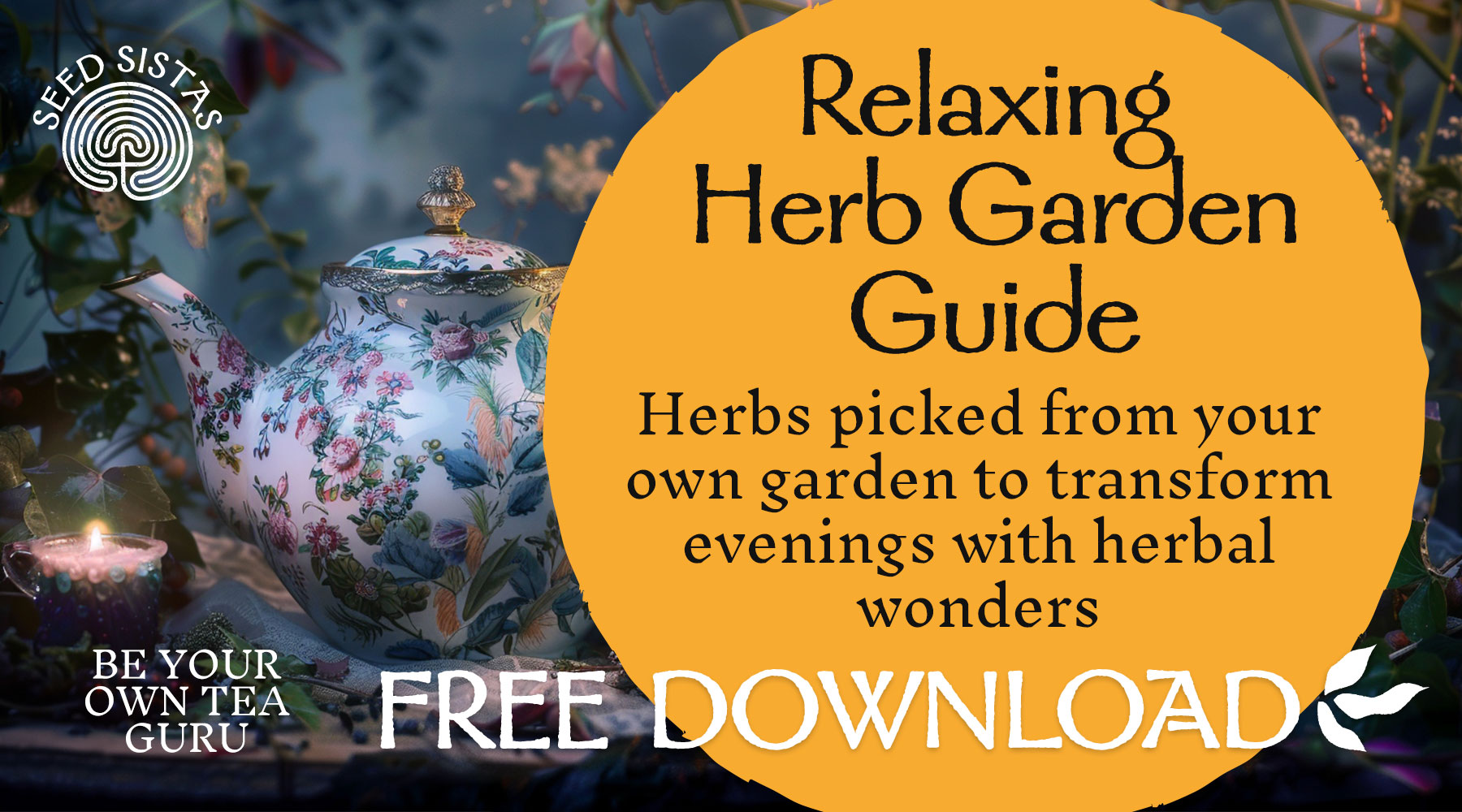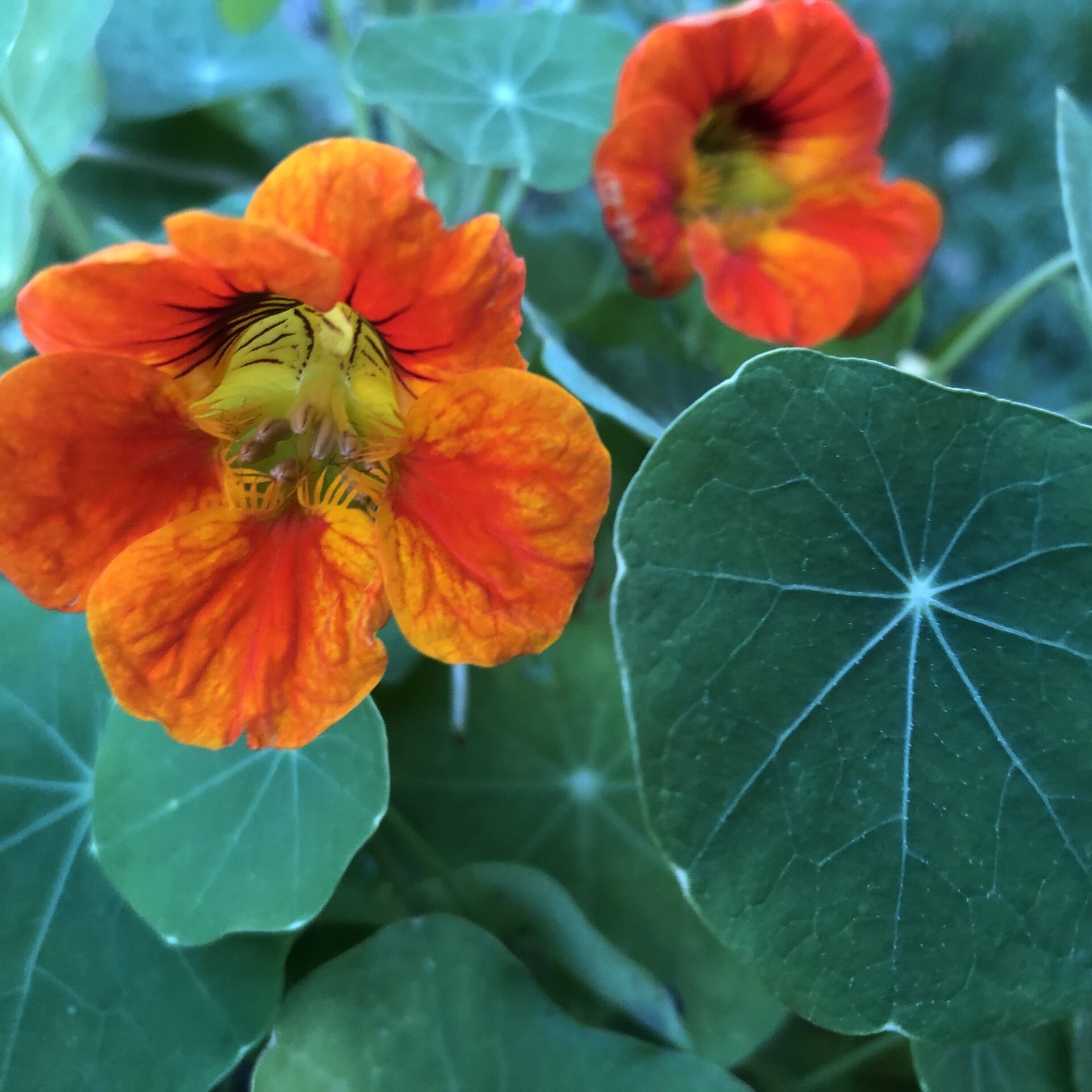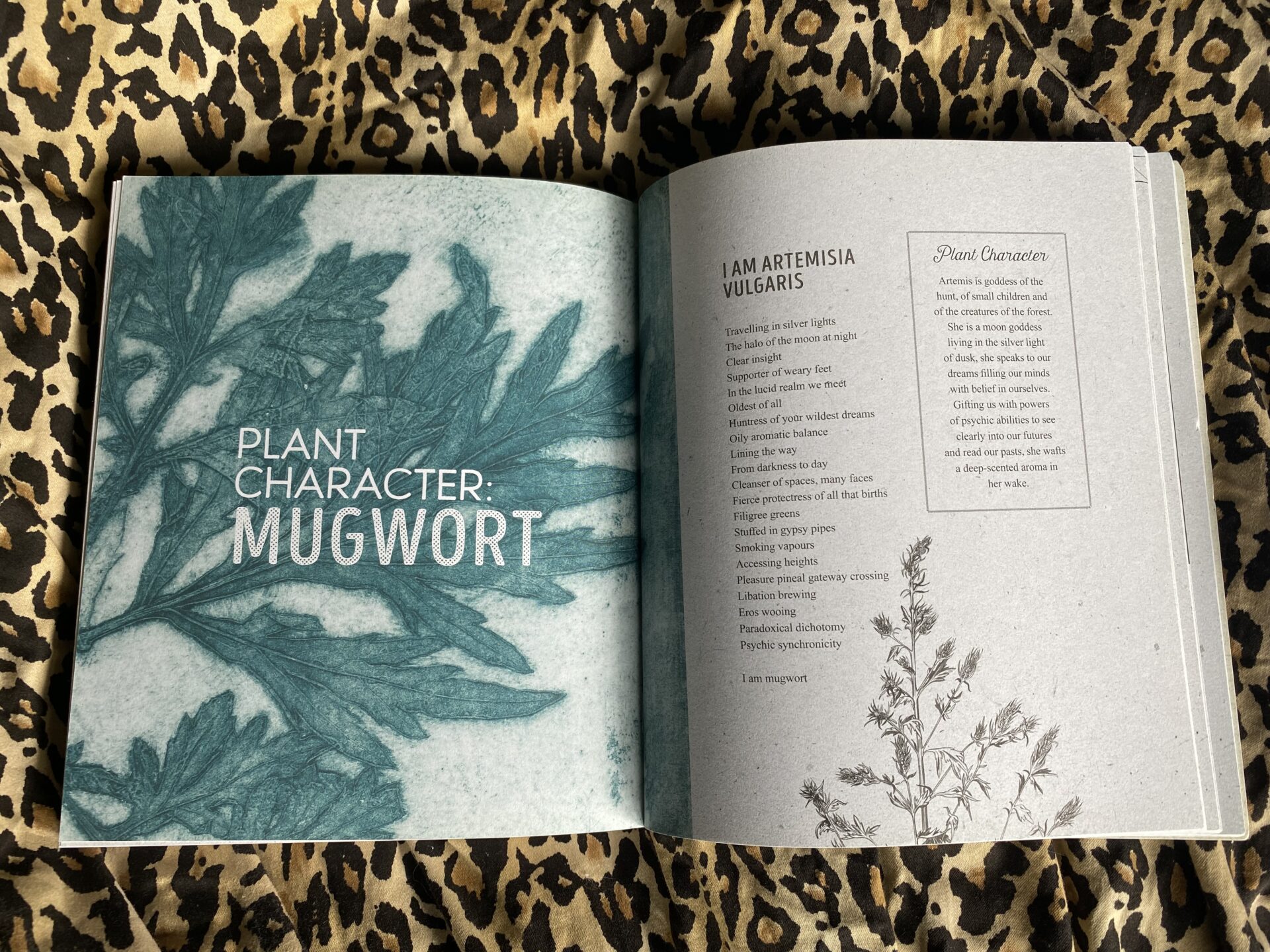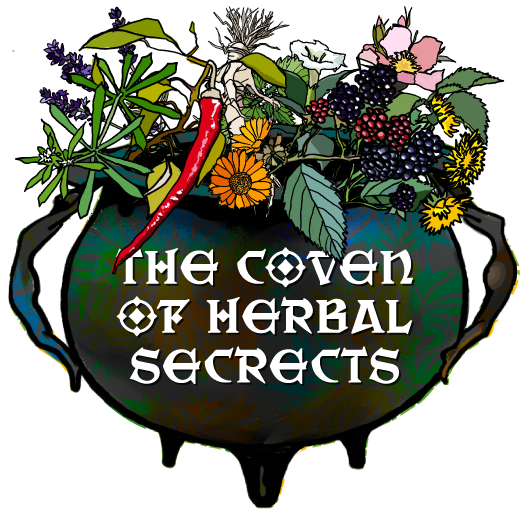These blog articles are herbal education resources, produced by the Seed Sistas. Gain insights and join us in the evolution of healthcare, please do leave a comment or question. Wellbeing empowerment for all…
Herbs for Stress and Anxiety
Stress! It’s like a modern curse. Work full-time, bring up kids, support local causes; and you still have to shop for food, and then cook it!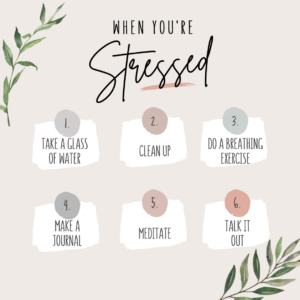 Sometimes, even the things that keep us well seem like an extra pressure to embark on or fit in, garden, travel, nutrition, sleep well, meditate, exercise. But what is stress, or at least, what’s happening when we experience stress? And how to to deal with it? Choosing herbs for stress and anxiety can help us find mental clarity to improve mental function and physical performance.
Sometimes, even the things that keep us well seem like an extra pressure to embark on or fit in, garden, travel, nutrition, sleep well, meditate, exercise. But what is stress, or at least, what’s happening when we experience stress? And how to to deal with it? Choosing herbs for stress and anxiety can help us find mental clarity to improve mental function and physical performance.
Our wonderful, complex miracle of a body works continuously to try and support the lifestyle, stresses and strains we encounter. It aims to soothe our emotional fluctuations, to regulate our temperature, to process and distribute nutrients, to bring us pleasure, to protect us with rational fear, to produce more or less hormones, to lift our spirits or aid us into sleep, the list goes on. We have much to be grateful for.
However, these carefully managed systems can also be fragile, and we need to consider what can happen when the strains are greater than the capacity of the body to adjust and restore. This is what we would consider stress – where the impact of life is greater than the present ability to rest, restore and recuperate. Everyone, every day will have stresses and strains, but our capacity to cope is what determines if this turns into the famed ‘stressed’ state that is spoken of so often.
An Overtaxed Nervous System as a Root Cause of Disease
Stress and negative states of mind are often the ‘root cause’ of many illnesses. When the nervous system is over-taxed, messages can get confused and wires crossed. When people are continually stressed without periods of rest and stillness (emotionally and physically), there is a knock-on effect on physical and emotional health. Alignment with their natural rhythms is impossible. One of the first places that stress or anxiety affects us on a physical level is the digestive system.
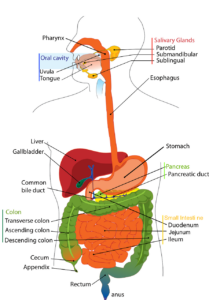 Prolonged nervousness and anxiety felt in the stomach can lead to increasing peristalsis (movement of the intestines) through hyper-stimulation of the nerve pathways. This can cause nutrients to be lost due to intestinal rush – food traveling through the gut so quickly that absorption is inefficient. This means that we could have a relatively healthy diet, but if we are not coping with stress, we could still be lacking in nutrition. On the other hand, stress and nervousness expressed in the gut can also be the cause of stagnation and constipation. Prolonged release of stress hormones, such as cortisol, act to draw blood to the vital organs needed for the fight or flight response, such as the heart. As a result, the digestion slows down as digestive juice release decreases. This could be seen as representing the holding onto of emotions.
Prolonged nervousness and anxiety felt in the stomach can lead to increasing peristalsis (movement of the intestines) through hyper-stimulation of the nerve pathways. This can cause nutrients to be lost due to intestinal rush – food traveling through the gut so quickly that absorption is inefficient. This means that we could have a relatively healthy diet, but if we are not coping with stress, we could still be lacking in nutrition. On the other hand, stress and nervousness expressed in the gut can also be the cause of stagnation and constipation. Prolonged release of stress hormones, such as cortisol, act to draw blood to the vital organs needed for the fight or flight response, such as the heart. As a result, the digestion slows down as digestive juice release decreases. This could be seen as representing the holding onto of emotions.
This link with digestion flows both ways. If the diet is not nutritious, then the nervous system does not benefit. Food like wholesome grain or oats can really help to ground and support the nerves. Stimulants like coffee can fray and damage nerve tissues through preventing absorption of B Vitamins, vital for nerve function.
Considering that our health is so linked with our state of mind, and our state of mind can be affected in many different ways, the spiritual, emotional and physical root causes of the presentation of experiences within the body must be considered. If one of these levels is thrown off balance or challenged in a way that cannot be managed or re-balanced efficiently, disease sets in. Identifying when a particular condition first manifested will often relate to a shock or trauma or a period of prolonged stress. It is then the skill of the herbalist to ascertain on which level this occurred and at what point it became a physical issue. Treatment will focus on restoring, nurturing and healing the past.
Adrenal Glands
The adrenal glands sit on top of the kidneys and are representative of strength and resilience. They help us to cope with the inevitable stresses of everyday life, from day to day temperature changes, to big emotional scenarios and events. There can be an enormous amount of pressure placed on the adrenal glands, as we will see. The adrenal glands have an outer cortex and an inner medulla.
Adaptogen
The word and concept of an ‘adaptogen’ is a relatively new way of describing a type of remedy commonly found in traditional forms of medicine e.g. Traditional Chinese Medicine uses qi and kidney yang tonics, Ayurvedic Medicine has Rasayanas. The idea of using tonic remedies to restore balance and health in a person is an ancient one. Adaptogenic herbs are used to improve the health and function of the adrenal glands. 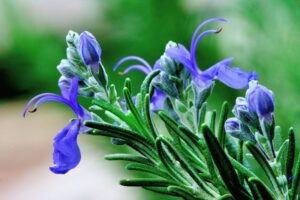
Many of the adaptogenic herbs are of Chinese or Indian origin, as that is where a lot of the research has been carried out. Rosemary – a Mediterranean plant that has been naturalised in many parts of the world – meets the criteria as defined by the word adaptogen. Rosemary is a wonderful, balancing herb supporting our own internal resources by strengthening the nerves, promoting immunity. It has protective and uplifting qualities, and can also help to reducing a coffee habit. There is no reference to Rosemary as an adaptogen in any literature, simply because the research is yet to be done.
Supporting the Nervous System
In any condition that presents in the nervous system (such as anxiety, depression or viruses which live in the nerves of the skin such as cold sores or shingles), supporting the nerves in a physical way with herbs and diet is essential. Also important are good quality sleep, rest and relaxation and time spent daily creating happiness. In terms of diet, increasing the intake of omega oils (essential fatty acids), is beneficial, specifically to the myelin sheath (the nerve coating that ensures smooth travel of the impulses). We should consciously choose fresh foods which provide a wide range of nutrients. Vitamin B12 is especially important for nervous function as it is vital for the formation of the myelin sheath.
What is a Nervine?
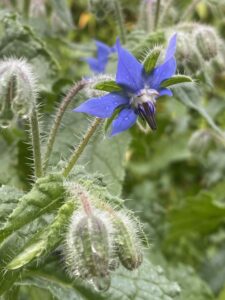 A nervine is a plant action. It’s a broad term for any herb that has an effect on the nervous system in some way. There are sub-categories to help differentiate the way they are acting on or with the nervous system: nervine relaxants, nervine stimulants, and nervine tonics.
A nervine is a plant action. It’s a broad term for any herb that has an effect on the nervous system in some way. There are sub-categories to help differentiate the way they are acting on or with the nervous system: nervine relaxants, nervine stimulants, and nervine tonics.
Nervine Tonics (or trophorestoratives) nourish and support the function of the central nervous system and nerve function as a whole. Some adaptogens could be considered as nerviness tonics. A sense that you are generating and restoring nervous system function.
Nervine tonics include:
- Avena sativa (Oats)
- Borago officinalis (Borage)
- Hypericum perforatum (St. John’s Wort)
- Verbena officinalis (Vervain)
- Foeniculum vulgare (Fennel)
Nervine Relaxants are important to directly act on a stimulated nervous system, to relax muscles and tissues, and to promote quiet calm. One must caution not to over sedate an individual but a sort of re-training of the over-strained nervous system can be achieved with nervine relaxants. We know that the body can hold our mental tension, or at least our mental tension can be reflected in the body, by soothing one, we support the other.
Nervine relaxants include:
- Lavender – Lavendula officinalis
- Hops – Humulus lupulus
- Lemon Balm – Melissa officinalis
- Chamomile – Matricaria recutita
- Skullcap – Scutelleria lateriflora
- Passionflower – Passiflora incarnata
- Limeflower or Linden – Tilia europea
- Wild Lettuce – Lactuca virosa
 Stimulants are probably one of the most world widely applied herbal actions without us being aware of it. Coffee is a prime example of a nervine stimulant, and to a degree, chocolate or cacao also. Nerviness stimulants, like coffee, are inherently pushy, and can lead to anxiety, gut issues. Coffee can make an excellent digestive, as a bitter stimulant to aid with post-prandial (after dinner) sluggishness but is a powerful herb to be taken multiple times a day like much of modern society.
Stimulants are probably one of the most world widely applied herbal actions without us being aware of it. Coffee is a prime example of a nervine stimulant, and to a degree, chocolate or cacao also. Nerviness stimulants, like coffee, are inherently pushy, and can lead to anxiety, gut issues. Coffee can make an excellent digestive, as a bitter stimulant to aid with post-prandial (after dinner) sluggishness but is a powerful herb to be taken multiple times a day like much of modern society.
Some nerviness stimulants can give a little boost to a nervous system when you need that little extra boost, especially coupled with adaptogethnic qualities, like rosemary. However, the whole body needs to be seen as one organism and treated as such.
Nervine stimulants include:
- Rosemary – Rosmarinus officinalis
- Coffee – Coffea arabica
- Green/Black Tea – Camellia sinensis
Stress will impact people in different ways, and the approach taken holistically will vary – some may find their digestion is impacted more, others may experience hair loss or skin issues, sleep may or may not be affected. The root causes of ‘reduced ability to cope’, can be vastly different too, including diets, shock, trauma, overburdened life, amongst others. However, choosing herbs for stress and anxiety can help to restore, soothe, relax or stimulate the nervous system. Plus, they can be very helpful to reduce the ongoing impact of stress and almost re-train or encourage a more stable nervous system function.
Don’t stop reading yet…!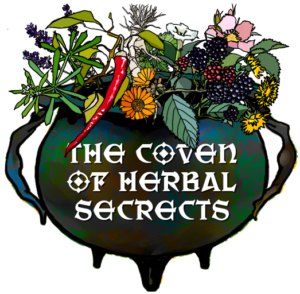
If you want to know the more about Herbs for Stress and Anxiety, why not join our Coven? You’ll soon have access to our best resources while increasing your confidence and knowledge about the magic of herbs and master the art of herbal remedy creation, spells and rites, plus step by step guides to getting to know your plants better.
Herbs for Stress and Anxiety will cover the topics above more in-depth, plus:
- The Nervous System (Excerpt from The Sensory Herbal Handbook)
- Hormones Released from the Adrenal Cortex
- Hormones produced by the adrenal medulla
- Supporting the Nervous System
- Conditions of the nerves and treatment strategies



